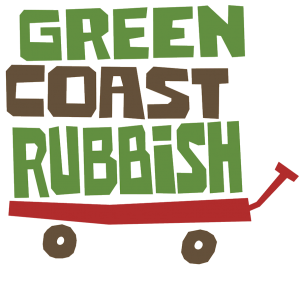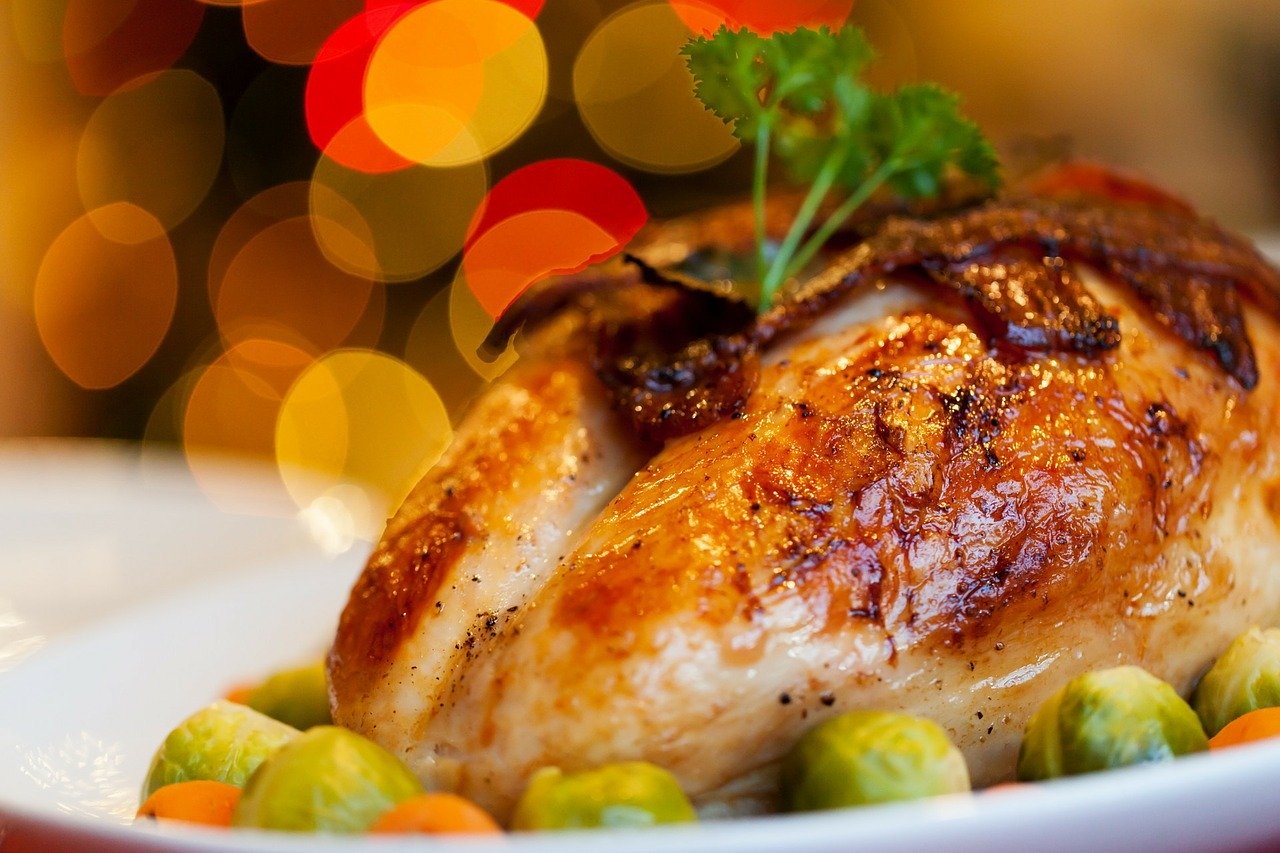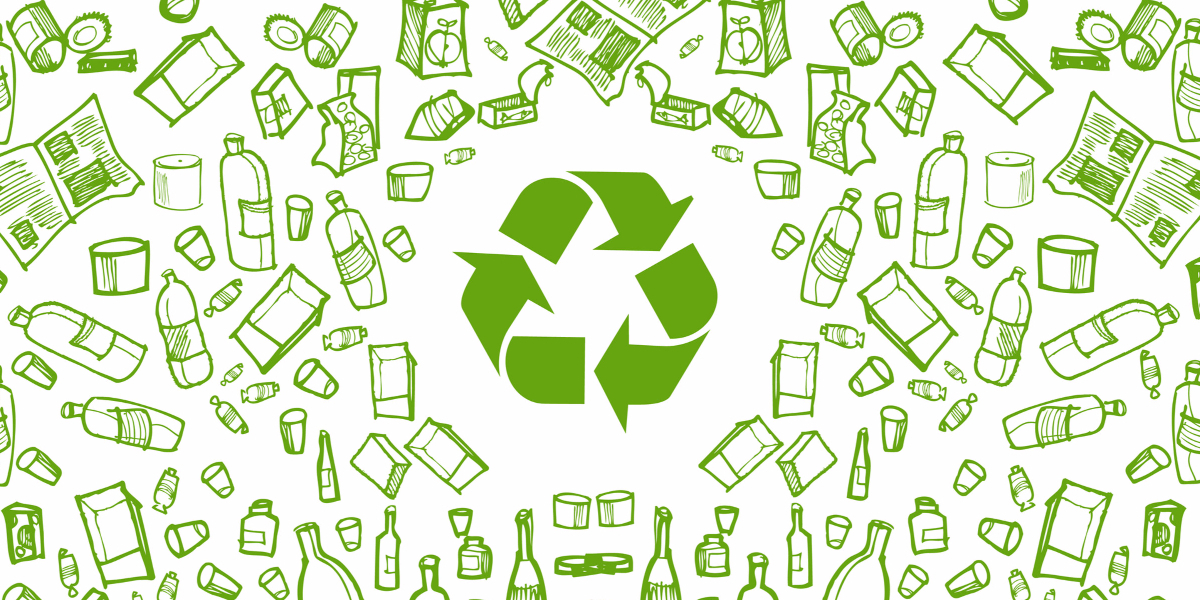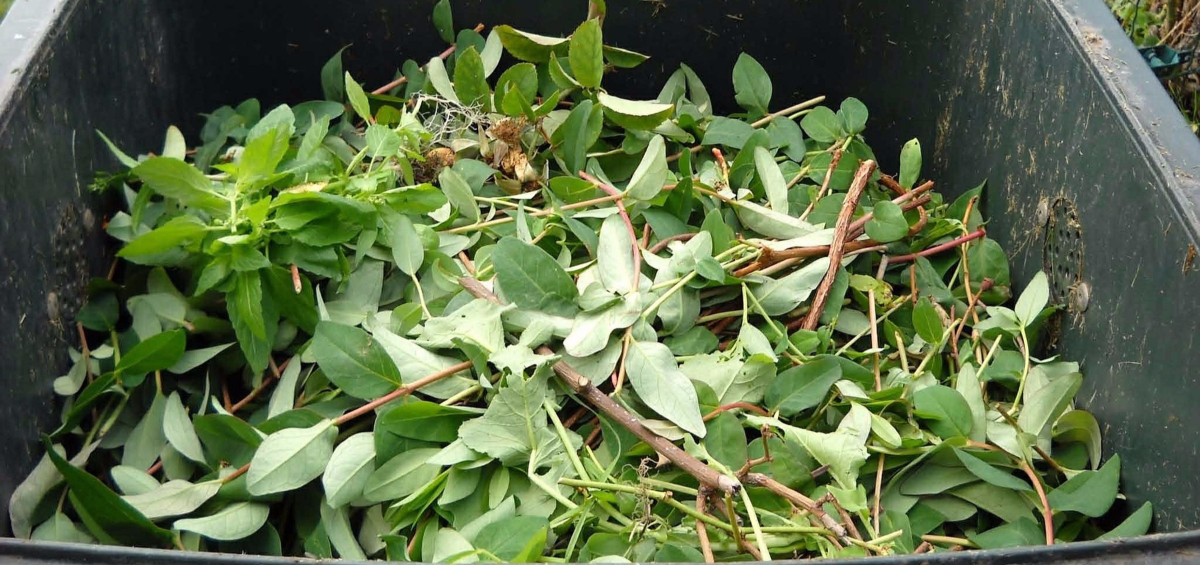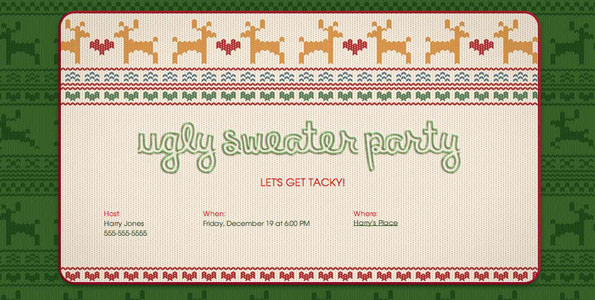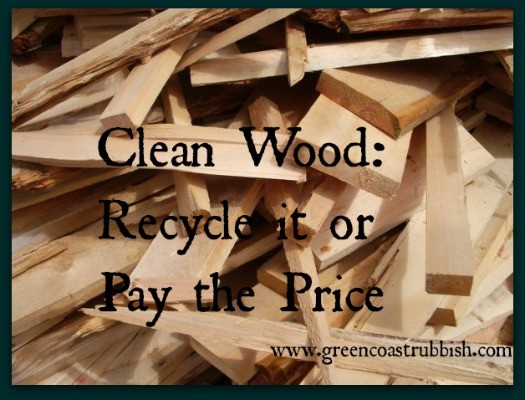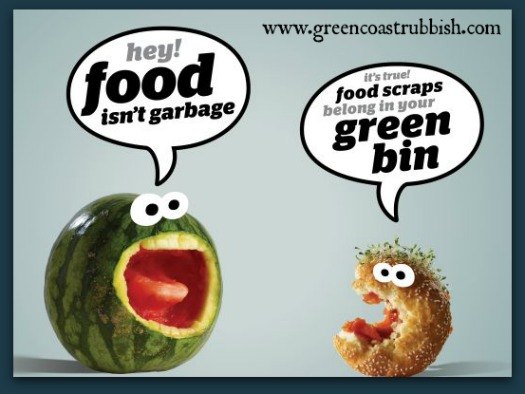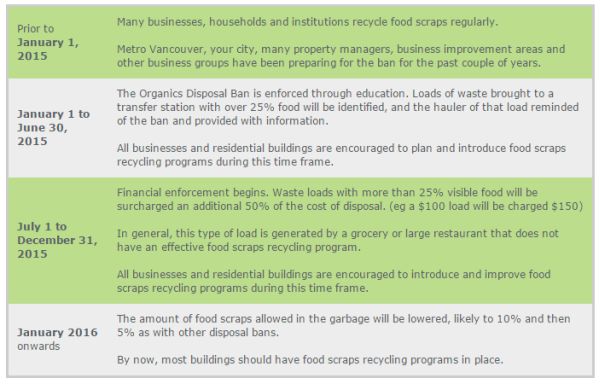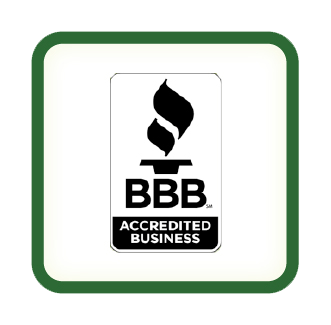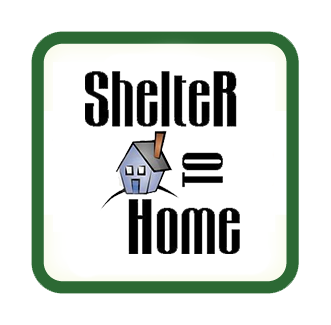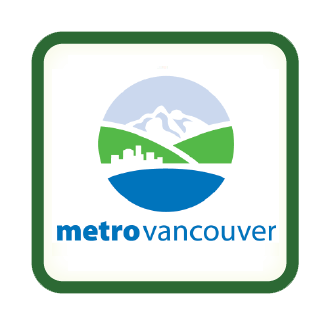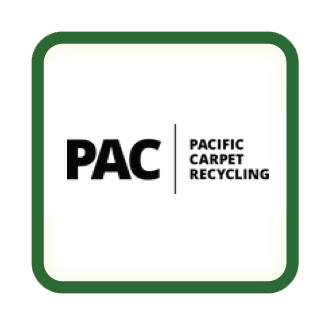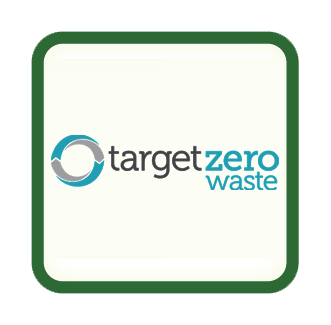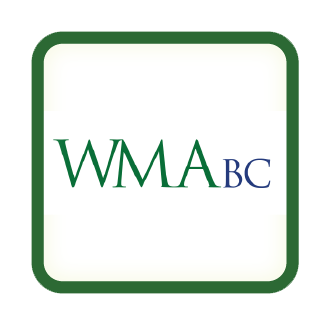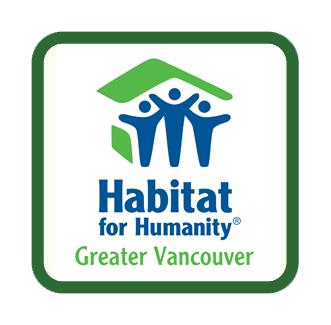How to Sort Recycling at Home: Compost, Glass, Paper, and Plastic
/in Commercial Rubbish Removal and Recycling, composting, Organic Waste, Recycling/by Green Coast RubbishTips and Tricks for Composting in Vancouver
/in Commercial Rubbish Removal and Recycling, community, composting, Green Buildings, Organic Waste, Recycling/by Green Coast RubbishMy Funny Valentine Recycling No No’s
/in community, composting, Electronics Recycling, Organic Waste, Recycling/by Green Coast Rubbish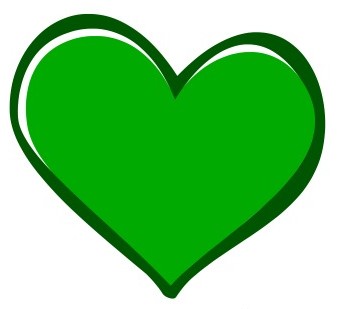 If you are in a relationship or just want to pamper a loved one, February 14 is the day to make your funny Valentine smile with their heart. No matter what you do or where you go for Valentine’s Day, you can make it special while keeping it green by remembering a few recycling no nos.
If you are in a relationship or just want to pamper a loved one, February 14 is the day to make your funny Valentine smile with their heart. No matter what you do or where you go for Valentine’s Day, you can make it special while keeping it green by remembering a few recycling no nos.
What to do: Treat your loved one to a selection of hand dipped chocolate covered strawberries.
Recycling no no: Don’t forget to compost any leftovers and the strawberry stems.
Where to go: Take her out for a surprise Valentine’s overnight getaway at a fancy hotel or resort.
Recycling no no: Skip the hotel water bottles and drink out of the tap.
What to do: Plan and cook your sweetheart a romantic meal.
Recycling no no: Food scraps don’t go in the garbage. All organics should be composted or recycled in your yard or garden bin.
What to do: Set a romantic mood with music, candles and a glass of wine.
Recycling no no: Cork the bottle if you don’t finish drinking all the wine and save it for another day. Don’t toss the bottles; these can be returned for change at your local Return It Depot.
Where to go: If cooking isn’t your thing, do book a reservation at her favourite restaurant.
Recycling no no: Don’t leave your doggie bag in the car when you get home. That’s a total waste of good breakfast food not to mention the unnecessary use of packaging.
What to do: If your sweetie specifically asks for a new Kobo or smart watch for Valentine’s Day, then knock yourself out but skip the coffee bean grinder unless you want to see her grinding her teeth.
Recycling no no: Unless you’ve been hiding under a rock, you’ll know that all electronics may be dropped off at an appropriate facility for recycling.
What to do: Flowers will melt your loved one’s heart – roses, mixed bouquets or potted orchids may be just the ticket.
Recycling no no: Skip the dyed blue roses and remember to compost the wilted remnants in a week or two.
What to do: Remember! Valentine’s Day is February 14.
Recycling no no: Mark it on your calendar or you’ll be recycling excuses for years to come.
Clean Wood: Recycle it or Pay the Price
/in composting, Organic Waste, Recycling, Renovation Waste/by Green Coast RubbishAs Metro Vancouver moves toward the goal of recycling 80% of the region’s waste by 2020, new rules are being implemented to divert green waste from the garbage including the organics disposal ban we talked about last week as well as a new clean wood disposal ban effective January 1, 2015.
What is Clean Wood?
For the purposes of the ban, clean wood includes solid wood, lumber and pallets that are unpainted, unstained, untreated and glue free. It’s okay if the wood contains nails, screws, staples or other metal fasteners.
Important Dates and Phases
The first 6 months of the ban -January 1 to June 30, 2015 – will focus on educating customers at all regional facilities including transfer stations and landfills about the clean wood disposal ban. As of July 1, 2015, loads of garbage containing over 10% clean wood will be subject to a 50% surcharge.
Recycle it or Pay the Price
You’ll save money and the environment by recycling clean wood:
1. Recycled clean wood can be used for composting, landscaping mulch or alternative industrial fuel.
2. The fee to recycle clean wood at a Metro Vancouver facility costs less than the garbage disposal fee, not to mention having to pay the price of the 50% surcharges as of July 1.
Why we Like It
Green Coast Rubbish is fully on board with the ban and is already recycling clean wood products as part of its every day operations. In 2013, Green Coast Rubbish composted 30.39 tonnes of clean wood and organic material.
Eamonn Duignan, President of Green Coast Rubbish explains, “It is encouraging to see clean wood being banned from Metro Vancouver facilities, especially when this material can be easily be composted or recycled. As material recovery options increase and become more economical viable within our region, we hope to see an outright ban of all wood products in the not so distant future.”
Who to Contact
For more information on the clean wood disposal ban, call the Recycling Council of BC’s Recycling Hotline at 604-RECYCLE (604-732-9253) or contact your local municipality.
Organics Disposal Ban Launches in Metro Vancouver
/in Commercial Rubbish Removal and Recycling, composting, Organic Waste, Recycling/by Green Coast RubbishRecycling food scraps is routine for many Metro Vancouver residents and businesses. However, the new organics disposal ban in effect as of January 1, 2015 now requires all households, businesses, and institutions to separate food waste from their garbage.
Why the ban? You may be surprised to learn that almost a third of the food we buy ends up in the garbage, amounting to 40% of residential garbage in the landfill. This slowly decaying food creates methane gas which is known to cause global warming.
While the majority of single family homes in Metro Vancouver are already recycling food and garden waste, the organics disposal ban will ensure that residential buildings (such as apartments and condos) are starting food scrap recycling programs if they haven’t already done so. Another major focus for the ban this year is to ensure that large restaurants and grocery stores are diverting organics from their garbage.
In summary, all residents, businesses and institutions are being asked to introduce food scraps recycling programs this year to meet the regional goals of recycling 70% of the waste in Metro Vancouver in 2015 and 80% by 2020.
Important Dates and Phases
The organics disposal ban is being introduced in stages over the coming months and includes an educational focus for the first 6 months, followed by the implementation of financial penalties in the latter half of 2015 as follows:
What Items are Banned?
Food scraps recycling programs should include the following items which are now banned from the garbage:
• Vegetables and fruits
• Raw food, plate scrapings, leftovers
• Packaged foods (remove packaging)
• Meats, fish, bones and seafood shells
• Pasta, bread and rice
• Dairy, eggshells, sauces, dressings
• Paper egg cartons
• Paper towels, unlined paper cups/plates
• Food-soiled napkins/pizza boxes/newspaper
• Kraft/paper bags used to collect food scraps
• Waxed cardboard boxes
• Coffee grounds/filters and tea bags
• Wooden utensils, chopsticks, stir sticks, and toothpicks
Resources
For more information on the organics disposal ban, check out the following links:
The Recycling Council of BC is available to answer questions and provides information on food scraps recycling programs and contacts for commercial and multi-family dwelling organics pick-up services. Call 604-RECYCLE (604-732-9253).
Metro Vancouver Organics Ban: Overview
Businesses: Q&A on Metro Vancouver’s Organics Disposal Ban
Restaurants : Tools and Resources, Case Studies, Frequently Asked Questions, Tips, Signage & Artwork
Grocers: Tools and Resources, Case Studies, Frequently Asked Questions, Tips, Signage & Artwork
Apartments & Condos: Tools and Resources, Case Studies, Frequently Asked Questions, Tips, Signage and Artwork
Residents: Tools and Resources, Case Studies, Frequently Asked Questions, Tips and Posters
Disposal Ban of Organics in Metro Vancouver
/in Commercial Rubbish Removal and Recycling, community, composting, Organic Waste/by Green Coast RubbishVancouver continues to move toward its goal of becoming the Greenest City by 2020. By imagining solutions and opportunities that can help residents and businesses to more effectively deal with household waste, they get closer every year. It’s estimated that nearly 35-40% of everything that we throw away is food waste; if diverted into a composting system, this adds up to a substantial amount kept out of our landfills. Which is why, starting in 2015, Metro Vancouver will be instating a ban on disposing organics and food waste into regular garbage bins.

There are huge community and environmental benefits to composting. As the food waste breaks down through natural processes, it can create valuable fertilizers that can help to enrich the soil with potassium, nitrogen, and phosphorus. It reduces overall greenhouse gas emissions and lengthens the life of our existing landfills, saving valuable space and local resources.
For some eye-opening stats on the amount of organic waste produced every day, as well for solutions on how to responsibly dispose of compastable waste visit our past blog Getting Serious About Organic Waste Reduction. If you are interested to learn more about the process that your organic waste goes through when it is processed you can check-out Part 2 of our Organic Waste Reduction blog.
Some things that can go into the compost bin:
- Fruit & vegetable scraps
- Eggshells, dairy
- Meat & fish bones
- Teabags
- Coffee filters & grounds
- Breads, pasta, rice
- Food soiled paper products (pizza boxes, napkins, cardboard egg cartons)
- Grass, leaves, weeds, plants
- Cooked food & grease
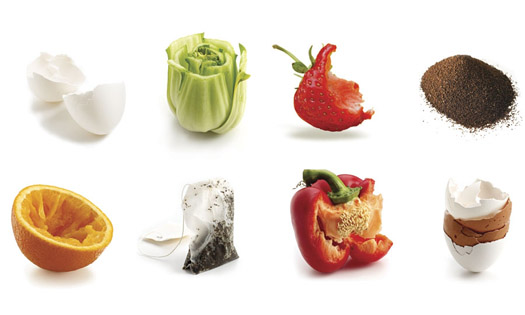
Some prohibited items:
- Any type of plastic (including compostable/biodegradable plastic bags)
- Rocks, soil
- Diapers
- Animal waste
- Wood products & lumber
- Branches bigger than 10 cm (4″) in diameter, and more than 0.5m (1.6ft) in length
These developments are very much in-line with the ideology of Green Coast Rubbish. We’ve seen the evidence firsthand of how much these compostable items can add up – in 2013 alone, we diverted 30.39 tonnes of organic material! By actively working together toward creating composting solutions with Metro Vancouver, we can all contribute to the success of this important program in our communities.
For more information about composting and the upcoming ban on organics, check out the Metro Vancouver website, and the City of Vancouver’s Green Bin Program.
